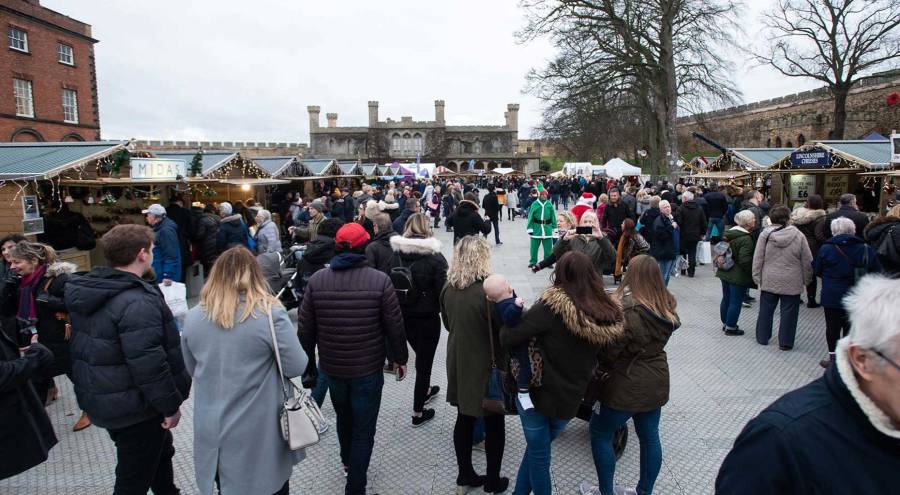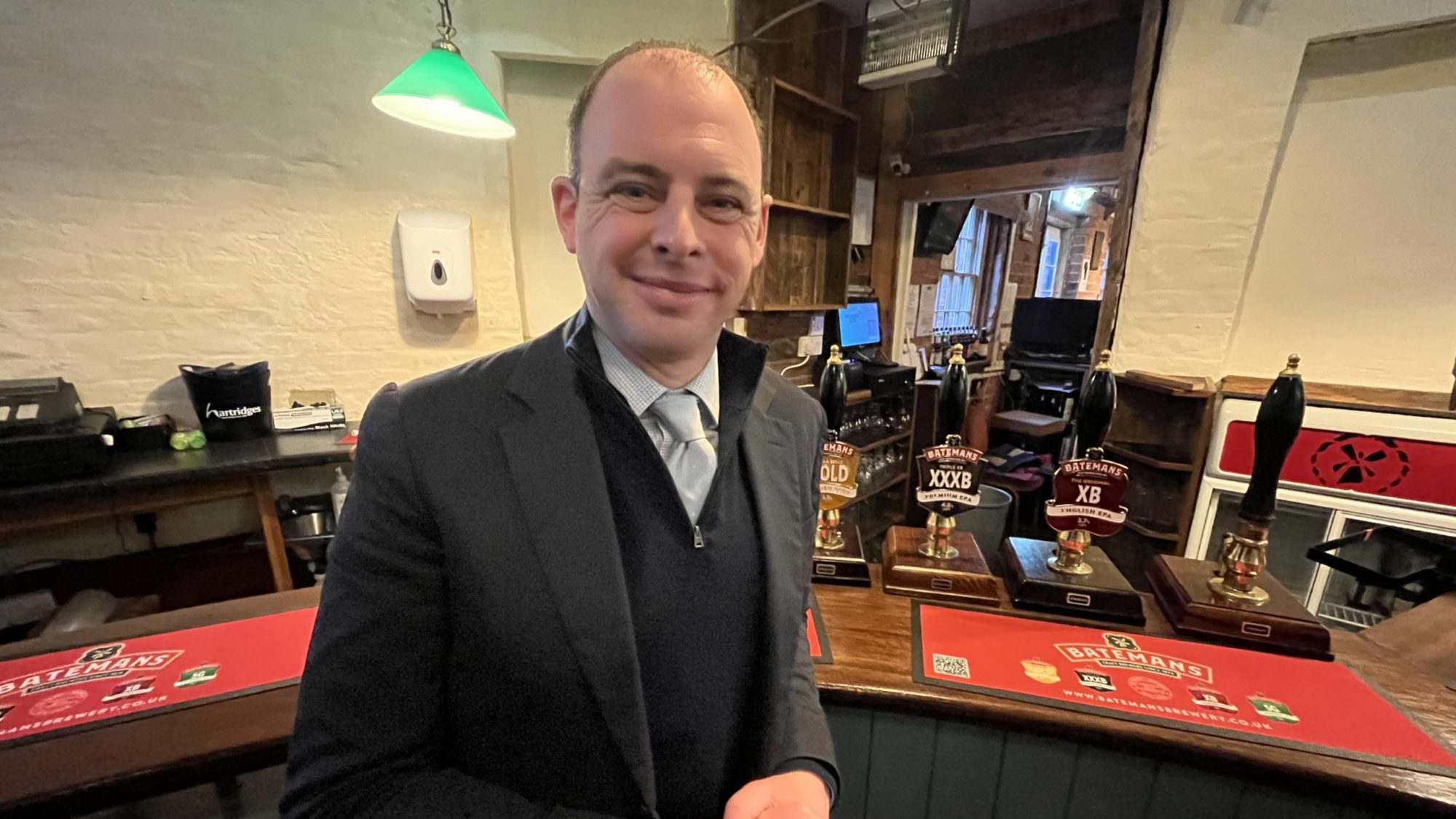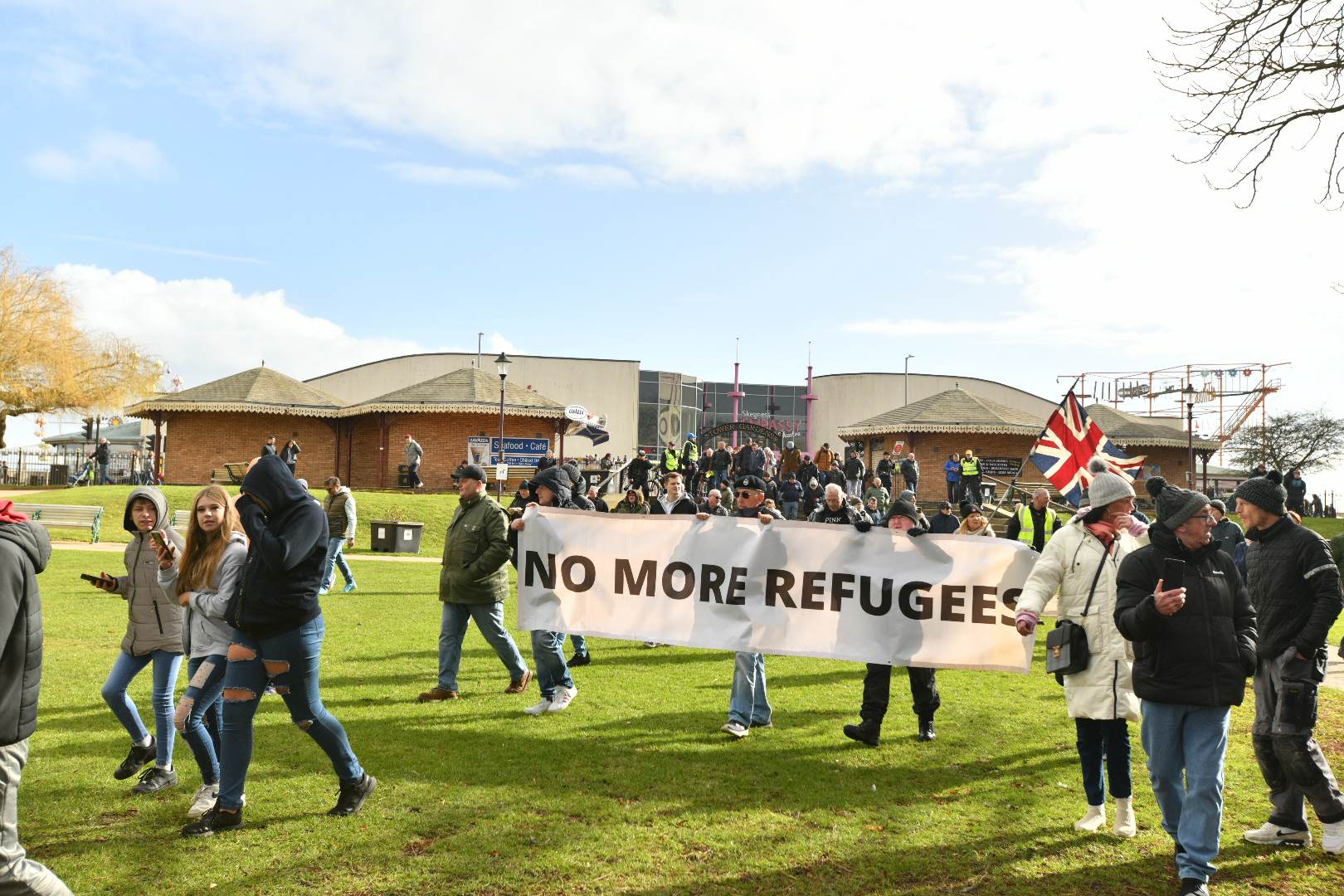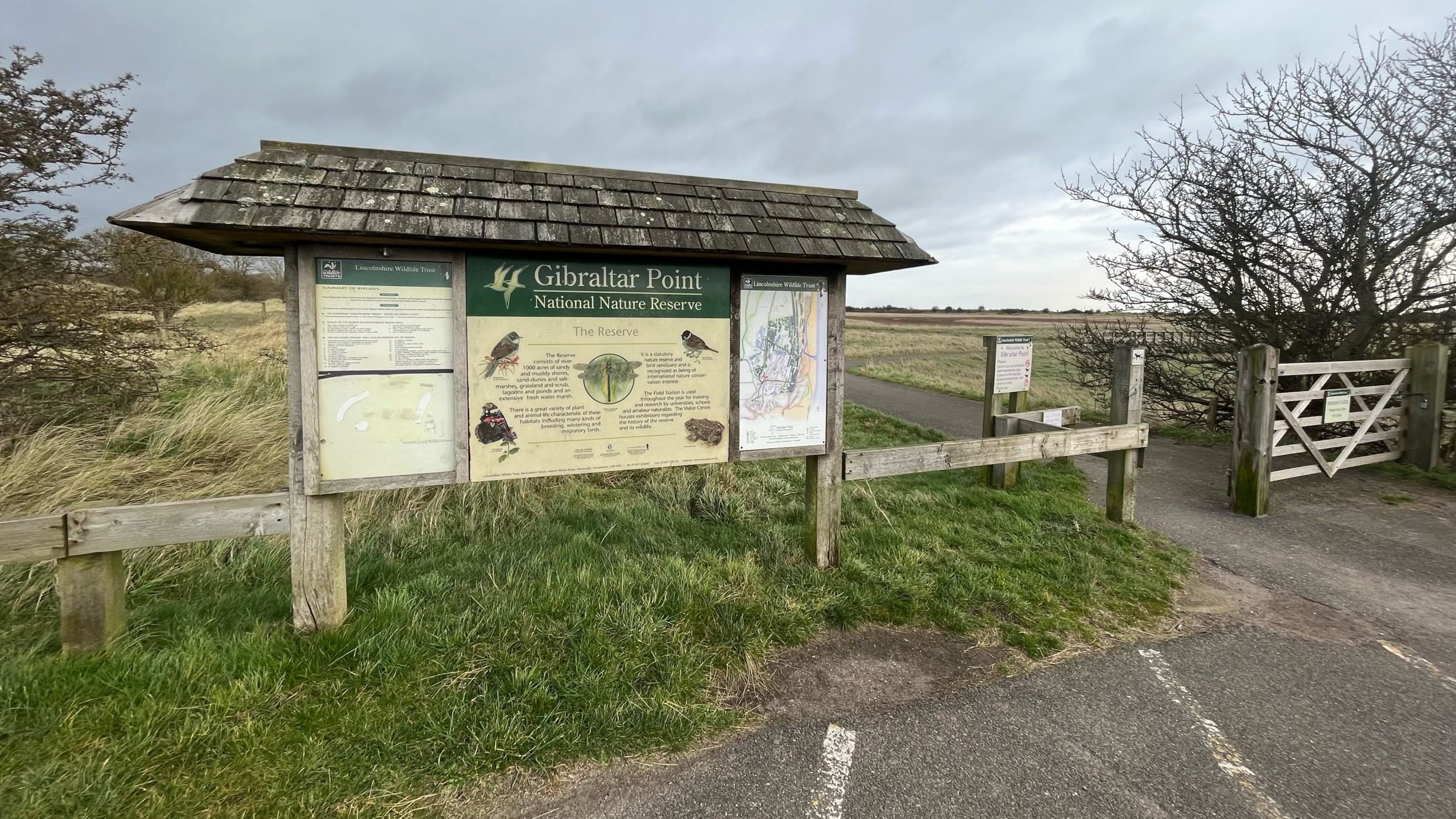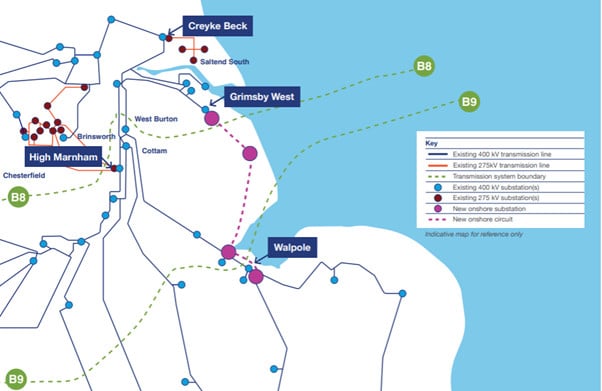Lincoln MP Karl McCartney (Conservative) believes the debate over whether the city’s beloved Christmas market should return ought to be “above party politics.”
Nearly a year has passed since the Labour-led City of Lincoln Council decided to cancel the popular four-day event due to concerns about overcrowding. The decision has divided many in the city, with some insisting that it had lost its way, while others continue to vouch for its return.
The event, which celebrated its 40th anniversary in 2022, attracted around 320,000 visitors, requiring costly crowd control measures for future safety.
In its place, the City Council introduced a new programme of year-round events and activities, including a small two-day local music festival, an inflatable Monsters Invasion atop various city buildings, and an ice sculpture trail. However, they faced significant criticism from local residents and businesses, who agreed they are not a fit replacement for the Christmas Market.
During what would have been the 41st annual Christmas market, McCartney launched a campaign urging local residents and businesses to share their views on the matter.
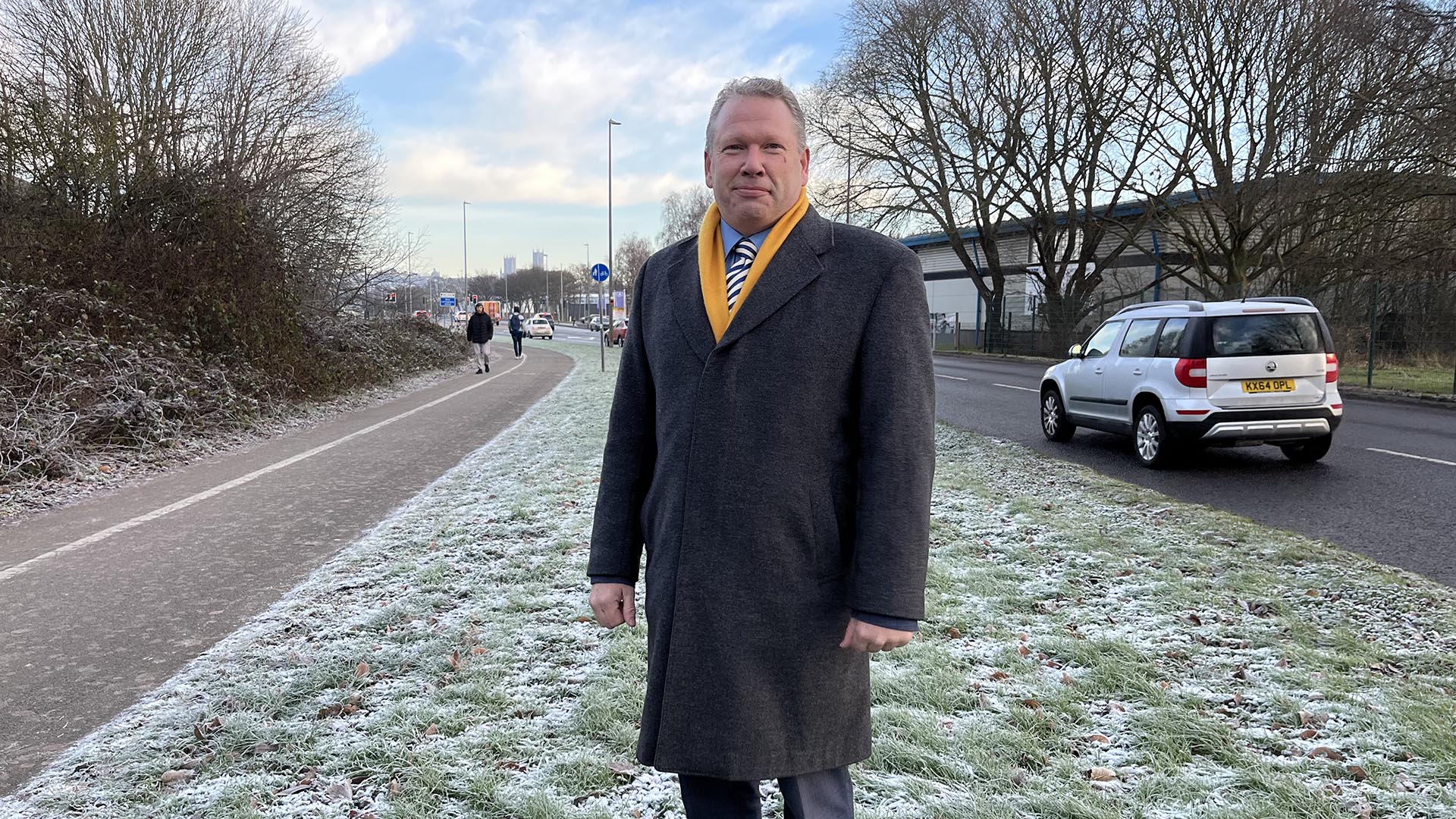
Lincoln MP Karl McCartney | Photo: LDRS/The Lincolnite
“The clear message I am continually receiving is that Lincoln’s public, shopkeepers, hoteliers, businesses and charities want their Lincoln Christmas Market back,” Karl McCartney said.
“One that is both refreshed and traditional with a focus on its roots in supporting Lincolnshire’s arts, crafts, farmers, traders and charities.
“Bringing back the Christmas Market should ideally be above party politics, with all of us from all sides of the political divide working together to find a solution for the greater good of the city.
“It is hard to understand and is still very disappointing that the Labour-run council are simply refusing to even consider bringing the market back, a position fully and absolutely supported by Labour’s general election candidate.
“So unless they change their mind and work for the greater good, there will be a clear choice for local people this year.
“If you vote Labour at the local elections and general election, then there will be more obstacles to overcome in bringing the market back. If you vote Conservative, there won’t be.”
In the past week, the City Council Conservative group has also pledged to restore the market if they gain control of the City of Lincoln Council in this May’s local elections.
Leader Thomas Dyer underscored that, if his party gains power, he would reassess plans to hold the market due to the Labour leadership’s apparent reluctance to reconsider their decision, despite the upcoming retirement of leader Ric Metcalfe.

Hamish Falconer will be standing as the Labour candidate for Lincoln in the next election | Photo: LDRS/The Lincolnite
Meanwhile, Lincoln Labour MP candidate Hamish Falconer insisted it was actually Mr McCartney who was playing party politics, stating: “Karl McCartney is playing politics about the Christmas Market — he has absolutely no plan to bring it back nor any ideas to address any of the concerns that were raised. If he does, let’s hear it?
“Councils of all persuasion across the country have cancelled their markets, so people in Lincoln shouldn’t believe for one second that Karl or his colleagues at the City Council have any real plan, they just want to distract from the awful record of their government.
“When I’m out talking to people across the city, they tell me they want a change, a focus on the cost of living crisis, on fixing the NHS, and seeing off the government’s mad plans for Scampton. They know how to show Mr McCartney and the Conservative Party the door: by voting Labour.”



